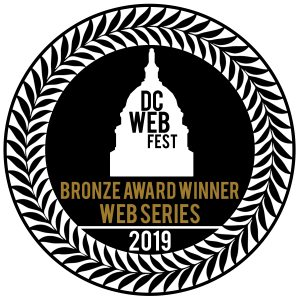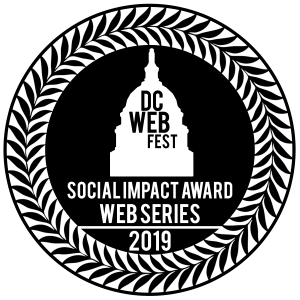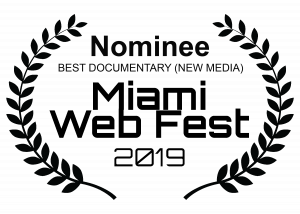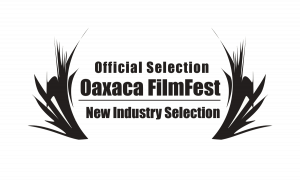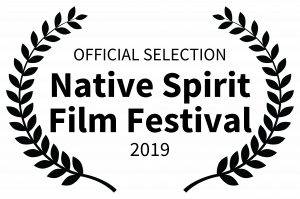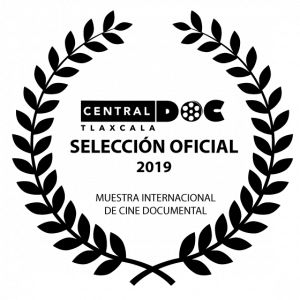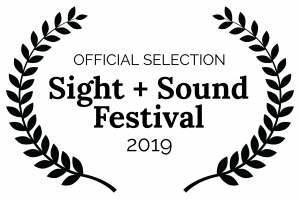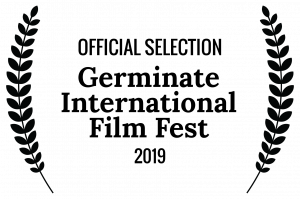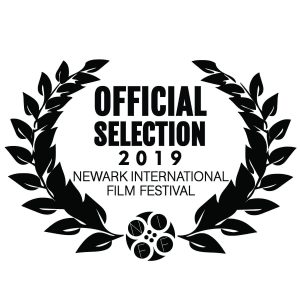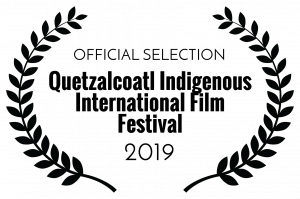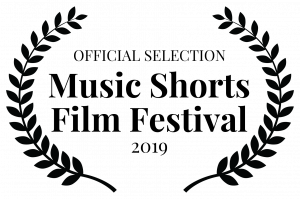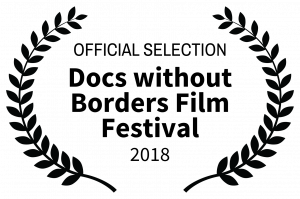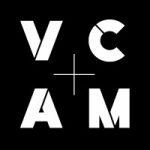Dizhsa Nabani is a documentary web series that explores the relationship between identity, language, and daily life in the Valley Zapotec community of San Jerónimo Tlacochahuaya. Episodes examine topics including farming practices, cooking techniques, and artistic performance and creation. In this way, the series traces efforts of Tlacochahuaya community members, from farmers to artisans to public officials, to sustain and revalorize their use of the Zapotec language against anti-Indigenous discrimination.
Zapotec languages are considered threatened as they are being acquired as native languages by fewer and fewer people. Community and individual identity are entwined with language, especially in Mexico, where criteria for self-identifying as belonging to an indigenous community usually includes speaking the corresponding language. Most Zapotec people today are bilingual, and under pressure from anti-indigenous discrimination, many choose to use Spanish in contexts that were previously reserved as Zapotec-language domains, including the home, the market, and town meetings. Given this sociolinguistic context, speaking Zapotec can be seen as an act of resistance.
Dizhsa Nabani – Lengua Viva – Living Language was collaboratively produced by Moisés García Guzmán, Brook Lillehaugen, Hilary Brashear, Laura Deutch, Sabea K. Evans ’18, Kathryn Goldberg BMC ’18, Lucia Palmarini, Marcelo Jauregui-Volpe ’18, Edward Ogborn ’19, Catherine Rodgers ’18, and Vicky Funari.
The film was made possible by Haverford College’s DocuLabs Program, a joint initiative of VCAM and the John B. Hurford ’60 Center for the Arts and Humanities.
Schedule a Screening
Interested in organizing a screening of Dizhsa Nabani or discussion at your venue or campus? Please contact James Weissinger.
About DocuLabs
DocuLabs is a donor-funded five-year program that will develop student-faculty documentary work in Haverford College’s new VCAM (Visual Culture, Arts, and Media) facility. Students will spend time both on campus and in the field developing documentary projects, working with faculty, visiting filmmakers, and technicians. Taking advantage of the new filmmaking spaces and equipment in VCAM, the initiative builds on the College’s successful Interdisciplinary Documentary Media Fellows Program (WAKE, Capitalish) and the Hurford Center’s Tuttle Summer Arts Lab (The Pool Movie Project). DocuLab 2018: Dizhsa Nabani – Lengua Viva – Living Language was designed in engagement with Haverford professor Brook Lillehaugen’s ongoing fieldwork with speakers of Zapotec languages.
Sponsored by VCAM and the Hurford Center for the Arts and Humanities at Haverford College. Special thanks to Visual Media Scholar Vicky Funari for her work in developing DocuLab 2018, to Digital Media Specialist Charles Woodard, to HCAH Associate Director/VCAM Operations Manager James Weissinger, and to HCAH Financial and Administrative Assistant Kerry Nelson.

